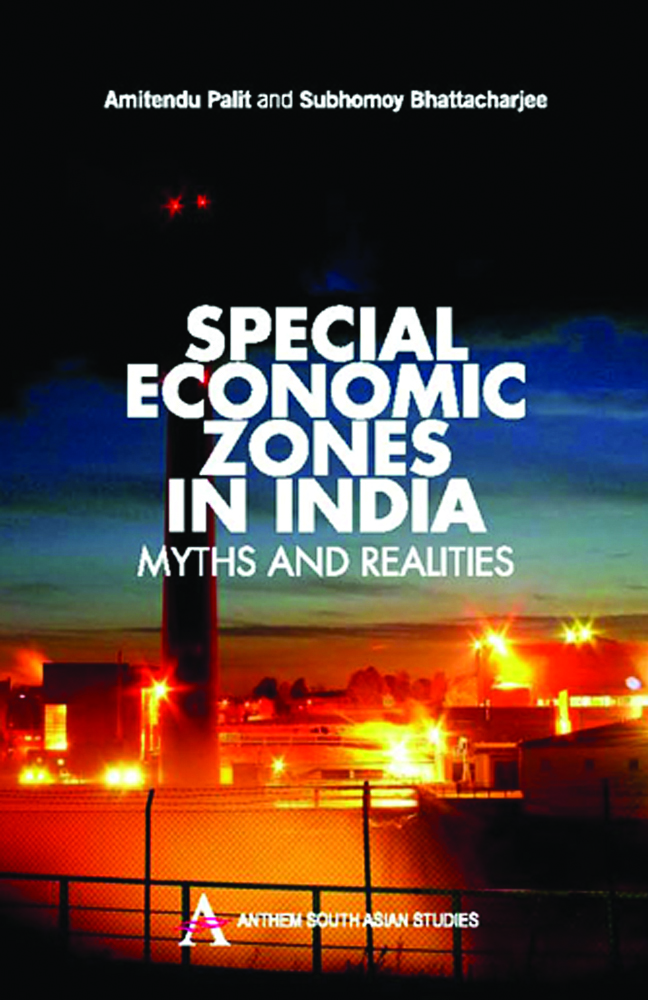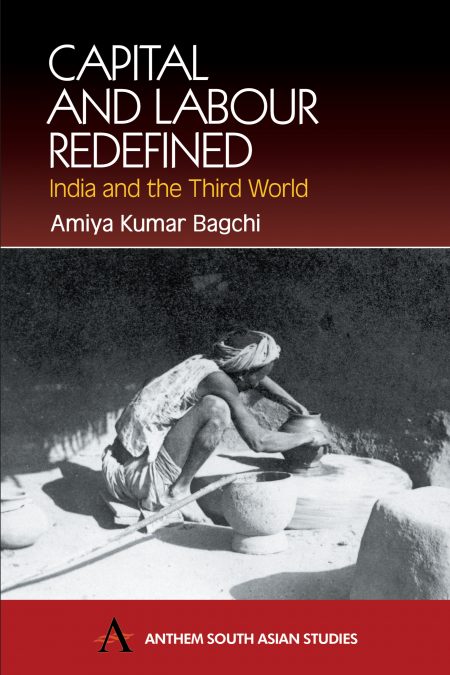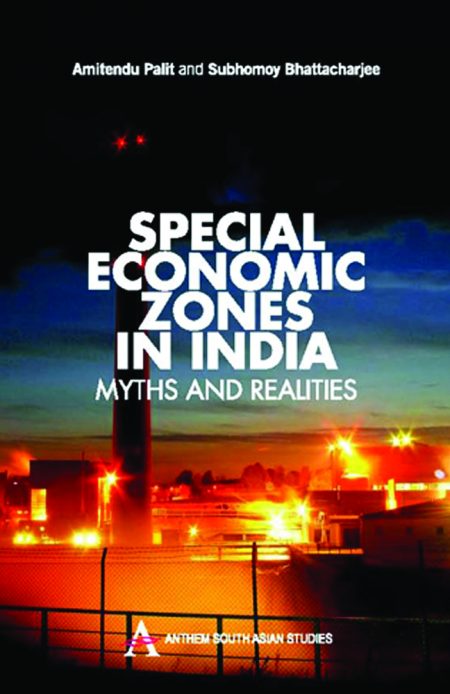Special Economic Zones in India
Myths and Realities
Amitendu Palit, Subhomoy Bhattacharjee
foreword by Bibek Debroy
Select Format
Hardback
£110.00 / $110.00
Hardback
£80.00 / $80.00
Paperback
£35.00 / $35.00
Paperback
£35.00 / $35.00
E-Book (WEB PDF)
£39.95 / $39.95
E-Book (WEB PDF)
£45.00 / $45.00
E-Book (WEB PDF)
£35.00 / $35.00
E-Book (WEB PDF)
£35.00 / $35.00
E-Book (EPUB)
£39.95 / $39.95
E-Book (EPUB)
£45.00 / $45.00
E-Book (EPUB)
£35.00 / $35.00
Title Details
- ISBN: 9788190583534
- January 2008
- Pages: 216
- Imprint: Anthem Press India
Special Economic Zones (SEZs) are turning out to be one of the stiffest challenges for India’s economic policy reforms. Since the announcement of SEZ rules on 10 February 2006, these zones have aroused unprecedented controversy. The emotionally charged debate on SEZs has often produced inflexible positions on either side. The unusually strong public reaction has also forced policymakers to revisit several aspects of the policy in recent months.
Why are SEZs so controversial? Will they really exacerbate income inequality, endanger food security and worsen regional imbalance? Or will they help Indian industry in taking its final leap onto the global arena? Only time will provide the answers. As the first book on India’s SEZs, this volume examines different popular perceptions – both good and bad – surrounding these zones. Apart from the international evidence and the Indian story, the book looks closely at critical issues like financial viability, land requirements, extant rules and the political economy of SEZs. Admitting that the last word on the subject is far from being spoken, the book contends that the SEZ saga will be a test of strength for the country’s social and political concensus on its economic policies and future reforms. Introduced by eminent economist Bibek Debroy, this book is a must read.
Amitendu Palit is a Visiting Fellow at the Indian Council for Research on International Economic Relations (ICRIER), Delhi.
Subhomoy Bhattacharjee is the Resident Editor, ‘Financial Express, Delhi’.
Preface; Foreword by Bibek Debroy; Why Economic Zones?; The New SEZs: Where, What and Why?; Are SEZs Financially Viable?; The Political Yatra; The Rules of the SEZ; The Land of SEZs; Not the Last Word; Appendices; Bibliography; Index
Related products
-
-
The Colonial and National Formations of the National College of Arts, Lahore, circa 1870s to 1960s
Nadeem Omar Tarar
February, 2022
£125.00 / $125.00 -
-
Globalization, Nationalism and the Text of ‘Kichaka-Vadha’
The First English Translation of the Marathi Anticolonial Classic, with a Historical Analysis of Theatre in British India
Edited and translated by Rakesh H. Solomon
July, 2014
£115.00 / $115.00 -
The Ahmadis and the Politics of Religious Exclusion in Pakistan
Ali Usman Qasmi
May, 2014
£115.00 / $115.00 -
Confronting Colonialism
Resistance and Modernization under Haidar Ali and Tipu Sultan
Edited by Irfan Habib
September, 2002
£115.00 / $115.00








